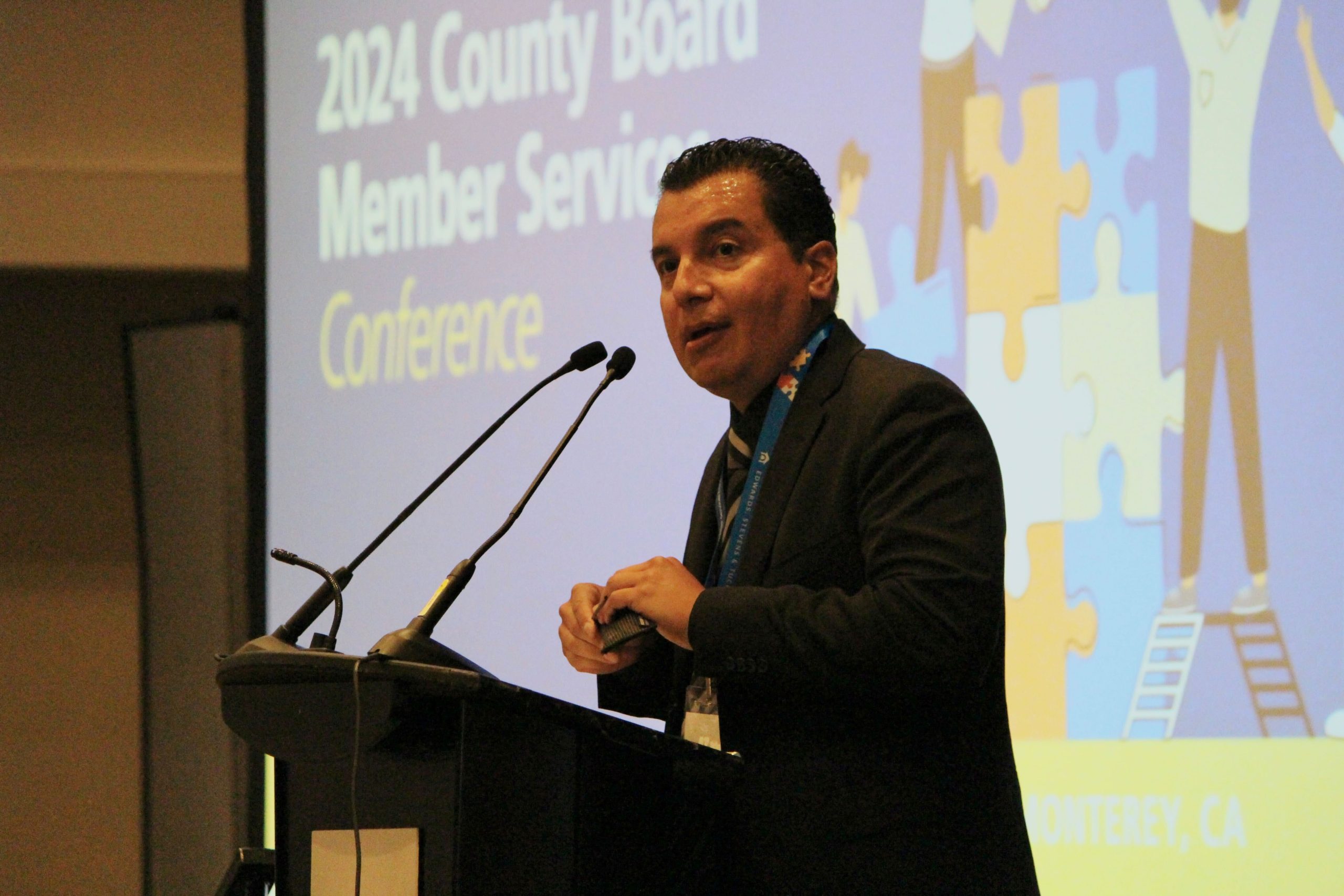Up and down California, local educational agency boards are working tirelessly to make sure students can safely return to campus as quickly as possible in areas that are still in distance learning, and have everything they need to be academically, social-emotionally and physically supported — no matter which mode of learning they are in.
District board and county office of education trustees work on behalf of their local stakeholders to ensure that the schools in their community are the best they can be, and that students, their teachers and families have the resources they need so that all children can thrive both in and outside the classroom.
This work involves not just board meetings, family surveys and the convening of workgroups, but also representing their communities’ needs at the state level. This past week, advocacy was top of mind among board members throughout the state, with the State Board of Education meeting coinciding with CSBA’s Legislative Action Week.
“Advocacy is a very important part of a school board trustee’s job,” Poway Unified School District trustee Michelle O’Connor-Ratcliff tweeted following a March 17 meeting with Senator Brian W. Jones (R-Santee) and Assemblymember Brian Maienschein (D-San Diego).
More than 370 board members and superintendents representing LEAs across the state had the full attention of their state senators and assemblymembers between March 15–19. In response to the ongoing COVID-19 pandemic, CSBA adapted its flagship advocacy event to allow school governance leaders to safely advocate with their legislators via a full week of virtual meetings. The virtual format and extended timeline allowed a record number of attendees to meet with legislators and their staff and discuss the most pressing issues facing their schools and students.
CSBA PACERs (Public Affairs and Community Engagement Representative) Niki Dettman and Marty Fatooh — who represent San Bernardino/Inyo counties and the Bay Area respectively — were able to help facilities meetings for their local board members and more than a dozen legislators. These included Senate Education Committee Chair Connie Leyva (D-Chino), Vice Chair Rosilicie Ochoa Bogh (R-Yucaipa), member Dave Cortese (D-San Jose) and more, as well as Assembly Speaker pro Tem Kevin Mullin (D-San Mateo) and Assembly Education Committee members Alex Lee (D-San Jose) and Megan Dahle (R-Bieber).
As lawmakers continue developing the state budget, funding was naturally a hot topic. Fallbrook Union Elementary School District board member Susan Liebes was among many trustees to share a local perspective on the state budget — and it appeared such conversations made an impact on legislators.
“Sat down with [Senate District 37] school board members for CSBA’s Legislative Action Week,” Sen. Dave Min (D-Irvine) tweeted March 19. “I’m grateful for their leadership always, but particularly now as our schools reopen. From a dad of school-age kids and a member of the Budget Subcommittee on Education, thank you for all you do!”
In addition to Legislative Action Week, the State Board of Education met virtually March 16–18 to discuss a number of big-ticket items including the final adoption of the Ethnic Studies Model Curriculum, waivers from federal assessment requirements and more.
Val Verde USD Superintendent Michael R McCormick was among those who called in to voice support for the California Department of Education’s recommendation to allow LEAs to offer local assessments in lieu of the usual standardized assessments.
Following extensive testimony from those like McCormick, the board voted to pursue a waiver from the federal education department allowing LEAs to use the most viable option for assessments in their local context for the 2020–21 school year. These could include the Smarter Balanced Summative Assessments or other various diagnostic, benchmark or interim assessments that are aligned with the Common Core State Standards for English language arts and math; are available to assess students in grades three through eight and 11; are uniformly administered across a grade span, school or district; and provide results that can be reported to families and the public.
(Read a full recap of the regular March SBE meeting here.)





